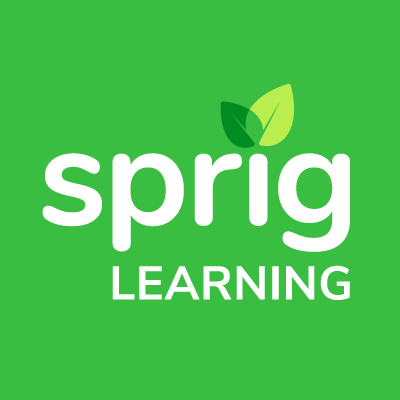Holistic Learning in Nunavut (NU)
The Government of Nunavut has an early childhood education department responsible for childcare programs for “pre-natal children up to age 12”.
Federal funding for early learning and childcare has been extended to 2025. This will “create more childcare spaces in underserved communities, invest in training and professional development opportunities for early childhood educators, and develop culturally appropriate educational resources.”
There is a lot of great work being done around the country in creating specific culturally appropriate programs for Indigenous schools and programs. Here are some wonderful examples that demonstrate how to authentically integrate Indigenous language, customs and history into the education system.
Holistic Early Learning
The Canada-Nunavut Early Learning Framework calls for the healthy development of all children by ensuring high-quality early learning which are rooted in Inuit culture, tradition and values.
The Learning to be Together Again plan for returning to school advises educators to use existing assessment processes and information shared by their students’ previous teachers, as a starting point for instruction and assessment. Such insights are to be used to facilitate learning recovery.
It asks educators to use strategies that recognize each student’s unique talents and skills and not just rely on formalized tests or measures.
Mandatory kindergarten?
No
Early Childhood Education Announcement
For the 2021-2022 school year, The Department of Education in Nunavut is prioritizing differentiated instruction in its recovery learning plan. Its Learning to be Together Again framework talks about implementing core learning outcomes and providing differentiation in instruction and assessment, to understand where students are now and determine where they need to be.
